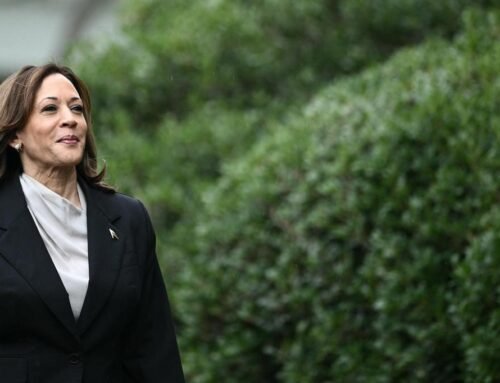Do you keep all of your eggs in one basket? I would certainly hope not. So why is all of your crypto held up in one crypto exchange or hard wallet just waiting to be hacked or stolen? I recently wrote about the importance of owning a hard wallet to store your crypto to avoid the next big crypto exchange hack from losing all your coins. The saying often goes, if they’re not your [crypto] keys, they’re not your [crypto] coins. Even storing all your cryptocurrency in a single cold storage device might not be the wisest decision in the longrun. So what can you do? Create a strategic spread of your crypto across multiple exchanges and devices to mitigate the risk of a catastrophic loss.

Similar to how you may have several kinds of assets in your portfolio (including various cryptocurrencies) to spread out your exposure to risk of loss in one or more sectors of a market or multiple markets, so too should you be thinking of diversifying the places in which you actually store your cryptocurrency. Being able to access your wealth means having various means to get to it in the event of an emergency. If a crypto exchange goes down tomorrow, you should rest assured that you still have two or more other places you can turn to in order to access other parts of your portfolio. *I believe this should include at least three crypto exchanges and one crypto hard wallet.
What exchanges could you use to spread your crypto portfolio to? You will want to make sure that the exchanges you chose are secure, stable, have low fees, and actually support the coin or coins you own. Binance is one of the largest and most secure exchanges out there with multiple means to protect your account and a massive array of coins they support. Godex.io is one of the leading privacy-first exchanges whom also has a ton of coins supported. Coinbase has nearly a dozen of the leading cryptocurrencies and is one of the most secure, user-friendly exchanges out there. I highly advise you to do your own research before deciding which ones are best for you. This will differ from person to person.

Trezor crypto hard wallet (left) Ledger crypto hard wallet (right)
Which hard wallet could you use to spread some of your cryptos? Similar to ensuring that you have selected the right crypto exchanges to host your coins, you will want to do the same for your crypto cold storage device. Ledger is one of the first and leading crypto wallet makers out there. Their wallets are capable of supporting many of the most popular cryptocurrencies. So too is the Trezor, which fiercely competes against Ledger. Both companies provide several different device models that provide different security features and support for various cryptocurrencies. It is important to note that you should always purchase these devices directly from the manufacturer. These [referral] links for Ledger and Trezor will both redirect you to their official sites.
So now that you have effectively spread your coins across multiple locations, you can take advantage of the perks that come with these various exchanges and cold storage devices. Many exchanges offer incentives for signing up to join, getting friends to join, or trading coins on their platform. Voyager, for instance, offers you $25 in Bitcoin for signing up. Coinbase will give you $10 in Bitcoin when you spend your first $100 and also has their popular Coinbase Earn program that gives you up to $50 in Stellar Lumens (XLM) for watching short videos and taking simple quizzes. Binance will offer you a substantial amount of trade commission for inviting friends to the exchange. Godex.io will offer you .005 Bitcoin for joining, and a substantial trade commission for inviting friends to their platform. There are many more to choose from, so don’t be afraid to do your own homework. Just make sure the exchange is safe and secure and recommended. What is your security strategy for safeguarding your cryptos? Please share them with me on twitter @MarcusHenryHODL.
*Disclaimer: I am not a financial advisor and I am not providing you any kind of advice on how to handle your money and/or cryptocurrency. Please make sure to do your own research before purchasing or trading cryptocurrency or any other kind of financial instrument, there is a ton of material out there to help you.
Marcus Henry is an American Journalist with over 11 years working in tech. He has been actively involved in the crypto community for the past three years and currently works out of Austin, Texas. He covers breaking news, writes perspective pieces and reflections, and conducts interviews with industry professionals and community members. Follow Marcus Henry on Twitter- @MarcusHenryHODL







Leave A Comment